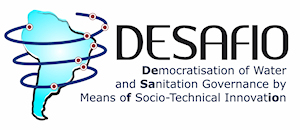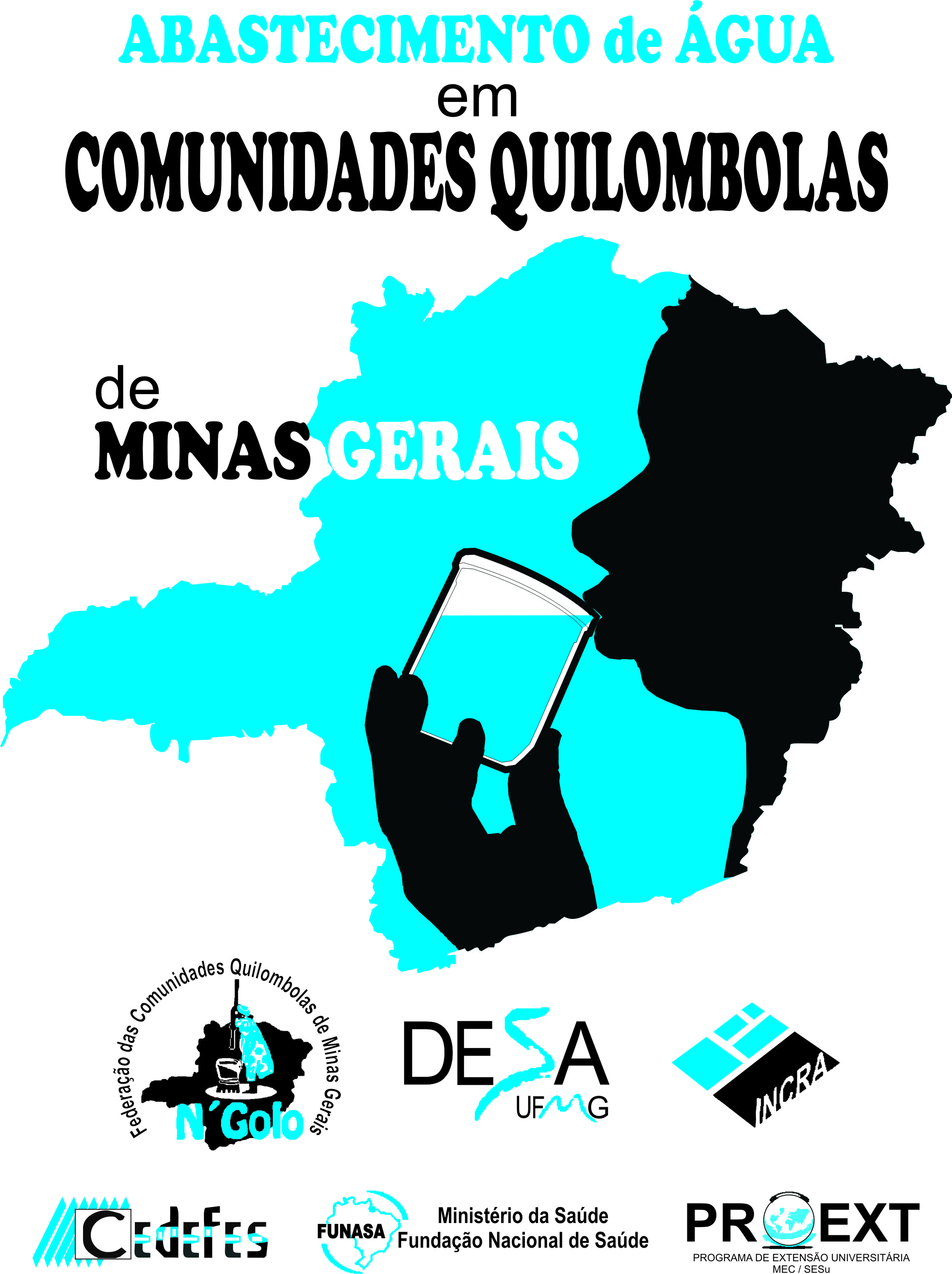4.1 Participative Generation of a Water Treatment System in a Quilombola Community in Minas Gerais, Brazil
Quilombola communities resulted from the legacy of slavery in Brazil and were originally created by slaves who escaped from their owners. There are thousands of such communities in Brazil, and we have chosen the Lagedo community in Minas Gerais. This case study used participatory and dialogic methodologies to engage the local community in the research process. We carried out a diagnosis through action-research activities for the design, implementation and management of a water treatment system in Lagedo. Given the specific socio-cultural characteristics of the Quilombola population, the study also assessed whether the vulnerability of the community changes in proportion to their members’ level of participation in the process of diagnosis, design, implementation and management of the system. This case was developed in collaboration with Brazil’s National Health Foundation (FUNASA), and civil society organisations representing Brazil’s Quilombola communities such as the Federation of Quilombola Communities in Minas Gerais (N’Golo). This case study was co-financed by Brazil’s National Health Foundation (FUNASA) under the project “Simplified treatment of surface waters with high turbidity to supply small communities on river banks” (FUNASA call 01/2011, DOU no. 221, 18/11/2011).
The principal researcher in this case study was Delmo Roncarati Vilela, with the support of Dr. Valter Lúcio de Pádua, at the Federal University of Minas Gerais (UFMG), Brazil. Vilela carried out his work as part of his PhD in Water and Sanitation, Environment, and Water Resources at UFMG.
The case study report has been now published as:
de Pádua, V. L., D. R. Vilela, and A. S. R. Silva (2015), “Participative generation of a water treatment system in a Quilombola community in Minas Gerais, Brazil”, in J. E. Castro (Ed.), WATERLAT-GOBACIT Working Papers, DESAFIO Project Series SPIDES, Vol. 2, No 12. Download it here.
For more details about the activities related to this case study, please see the Journal of the Lagedo Community.































